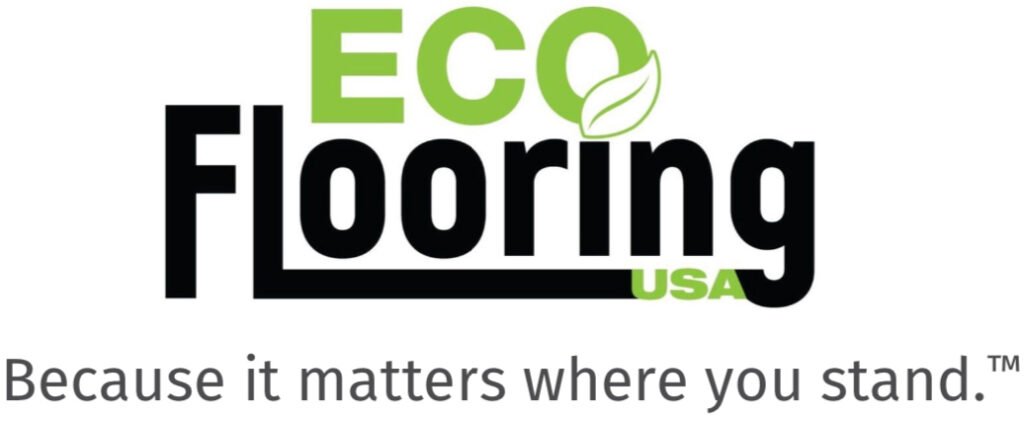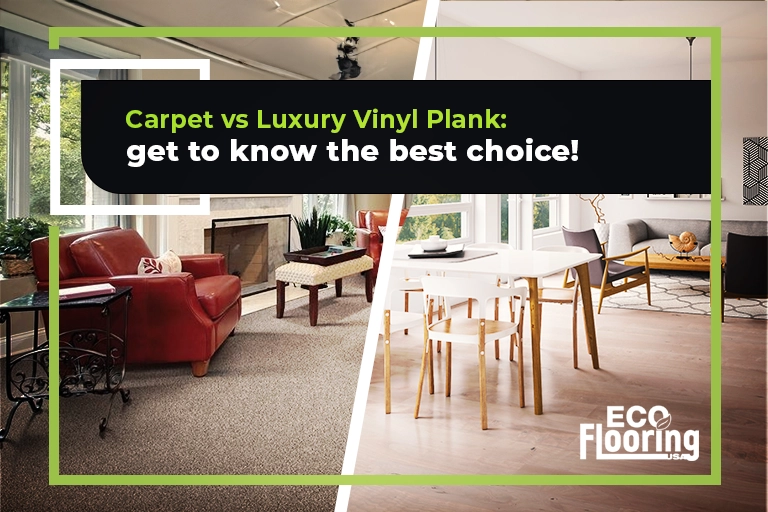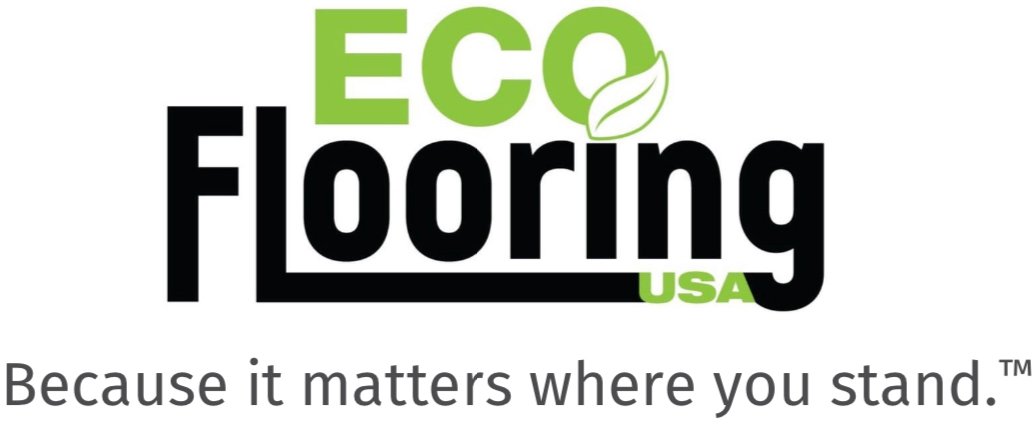Carpet vs Luxury Vinyl Plank: these two materials offer distinct advantages and appeal to different tastes and needs.
As we delve into the comparison between these two flooring options, we’ll explore their features, benefits, and considerations, helping you to make an informed decision that aligns perfectly with your lifestyle and design preferences.
What is carpet flooring?
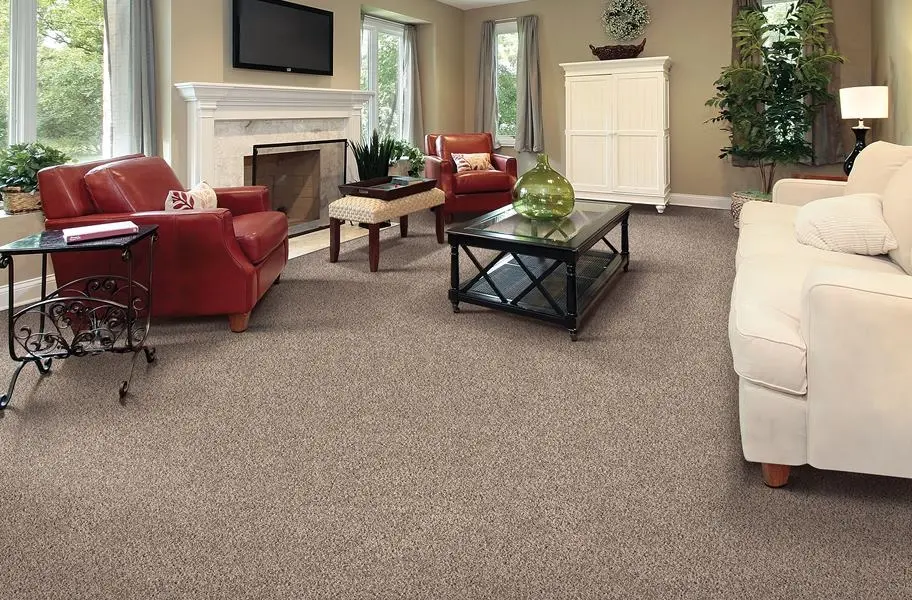
Traditionally, carpet consists of a textile surface made from fibers like wool, nylon, polyester, or polypropylene, secured to a backing material.
However, despite its softness and warmth, carpet has increasingly been deemed outdated and even obsolete in modern interior design.
Carpet flooring has experienced a shift in popularity due to evolving design trends and growing concerns over its drawbacks.
One of the primary reasons for the decline in carpet’s popularity is its susceptibility to wear and tear, staining, and trapping of allergens.
Unlike hard flooring surfaces, carpet tends to retain dust, dirt, pet dander, and other pollutants, making it challenging to clean thoroughly.
As design preferences have shifted towards cleaner, more minimalist aesthetics, carpet’s busy patterns and tendency to age poorly have contributed to its decline in relevance.
What is Luxury Vinyl Plank flooring?
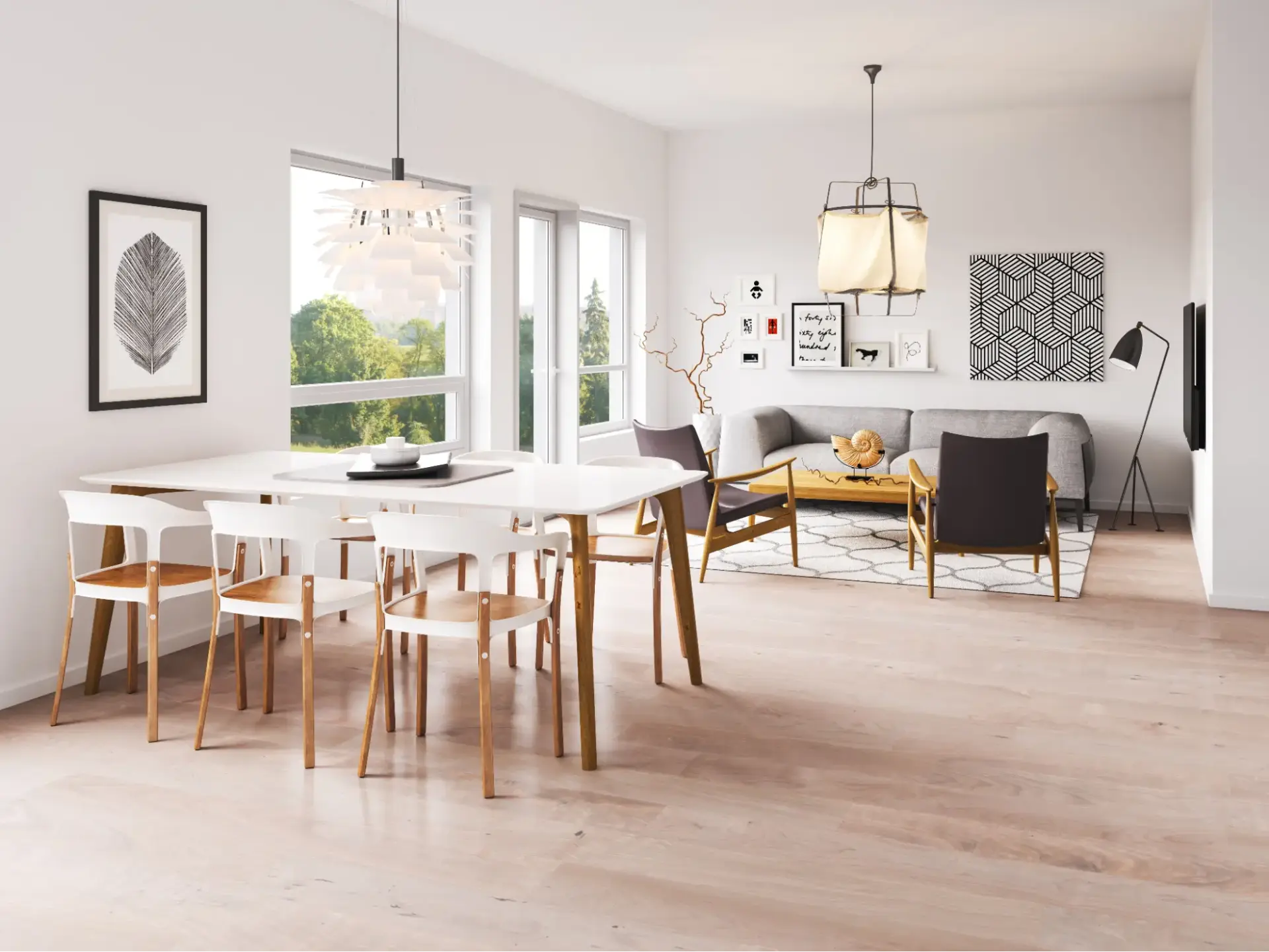
Luxury Vinyl Plank (LVP) flooring is a modern alternative to traditional hardwood and laminate flooring.
It’s designed to mimic the appearance of hardwood or stone while offering greater durability and ease of maintenance.
LVP typically consists of multiple layers that work together to achieve its look and performance.
At its core, LVP features a sturdy vinyl layer that provides stability and resistance to moisture. This layer is topped with a high-definition photographic layer that replicates the natural look of wood or stone.
It’s a versatile and practical choice for homeowners, providing the look of natural materials with added durability and easy care.
Carpet vs Luxury Vinyl Plank: what is the best choice?
Here’s a comparison table between carpet vs luxury vinyl plank. Let’s explore each of these differences!
| Criteria | Carpet | Luxury Vinyl Plank (LVP) |
| Durability | Prone to stains and wear over time | Highly durable; resistant to stains, scratches, and wear |
| Maintenance | Requires regular vacuuming and professional cleaning | Easy to clean and maintain |
| Water Resistance | Susceptible to water damage | Waterproof or water-resistant |
| Allergen Friendly | May trap allergens like dust and pet dander | Hypoallergenic; doesn’t trap allergens |
| Resale Value | May not add significant value to the property | Considered a modern and desirable flooring option, enhancing property value |
| Price | Typically more affordable, but require frequent replacement, resulting in higher long-term costs. | Initial investment may be higher, but offers better long-term value. |
Carpet vs Luxury Vinyl Plank: Durability
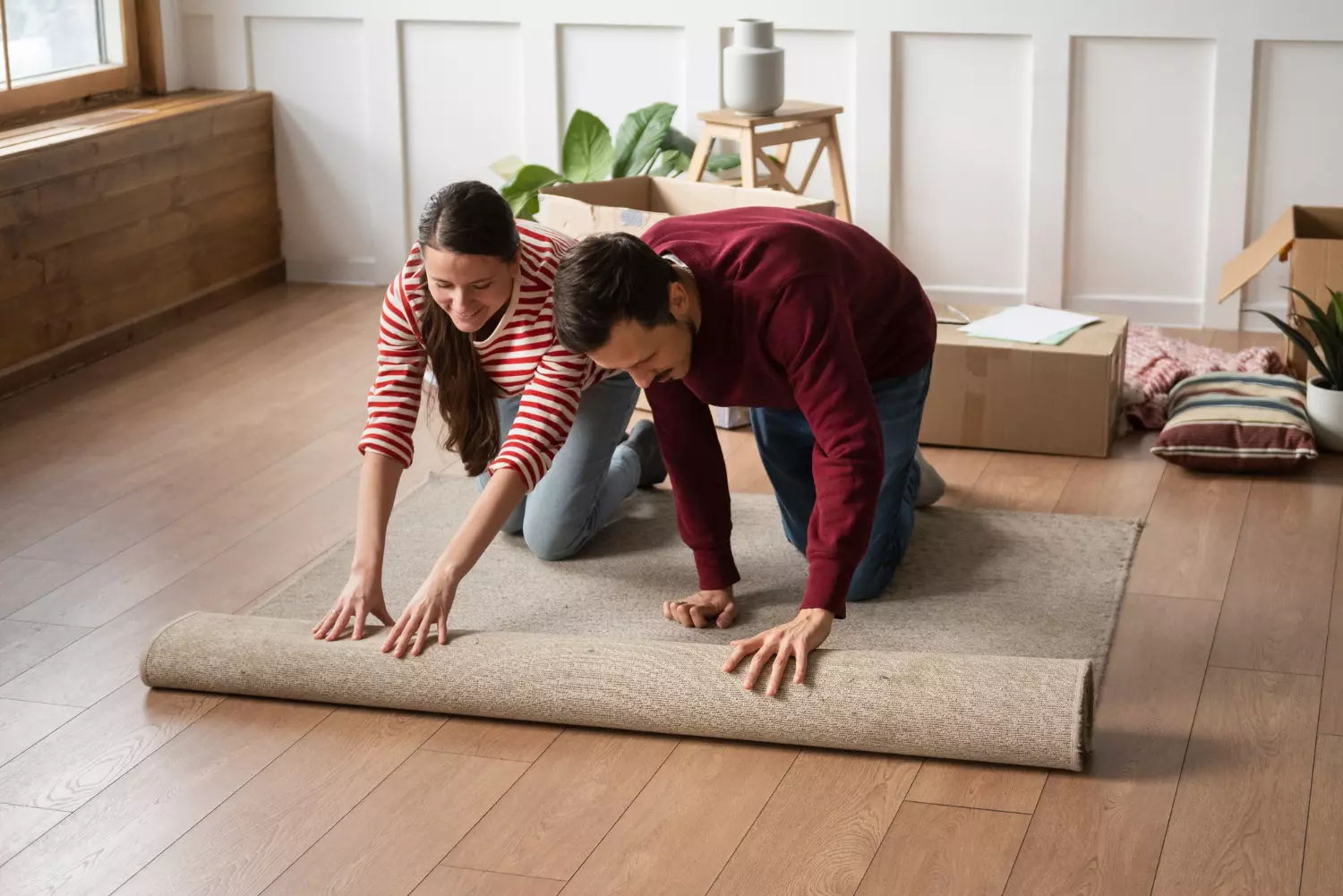
When it comes to durability, Luxury Vinyl Plank (LVP) often holds a distinct advantage over carpet flooring.
Luxury Vinyl Plank flooring is engineered to withstand heavy foot traffic, spills, and daily wear and tear. Its durable construction, including layers designed to resist scratches, stains, and fading, ensures that it maintains its appearance over time.
Additionally, LVP is highly resistant to moisture, making it suitable for use in areas prone to spills or humidity, such as kitchens, bathrooms, and basements.
Unlike carpet, which can absorb liquids and harbor mold or mildew, LVP provides a hygienic and easy-to-clean surface.
In contrast, carpet’s durability is often more susceptible to factors like stains, crushing, and matting. In high-traffic areas, carpet may flatten or develop permanent indentations over time, detracting from its original plushness.
Carpet vs Luxury Vinyl Plank: Maintenance
Luxury Vinyl Plank (LVP) flooring often presents a more advantageous option compared to carpet.
While both flooring types require care and attention, LVP tends to be easier to clean and maintain over the long term.
Luxury Vinyl Plank flooring boasts a smooth, non-porous surface that resists stains and spills with ease. Unlike carpet, which can absorb liquids and become stained or harbor odors, LVP can be quickly wiped clean with a damp cloth or mop.
Conversely, carpet maintenance often entails more effort and resources. Regular vacuuming is necessary to remove dirt, dust, and debris trapped within the carpet fibers, and periodic deep cleaning may be required to address stains and odors effectively.
Furthermore, carpet may require professional steam cleaning to maintain its appearance and hygiene, adding to the overall maintenance costs and inconvenience.
Carpet vs Luxury Vinyl Plank: Water Resistance
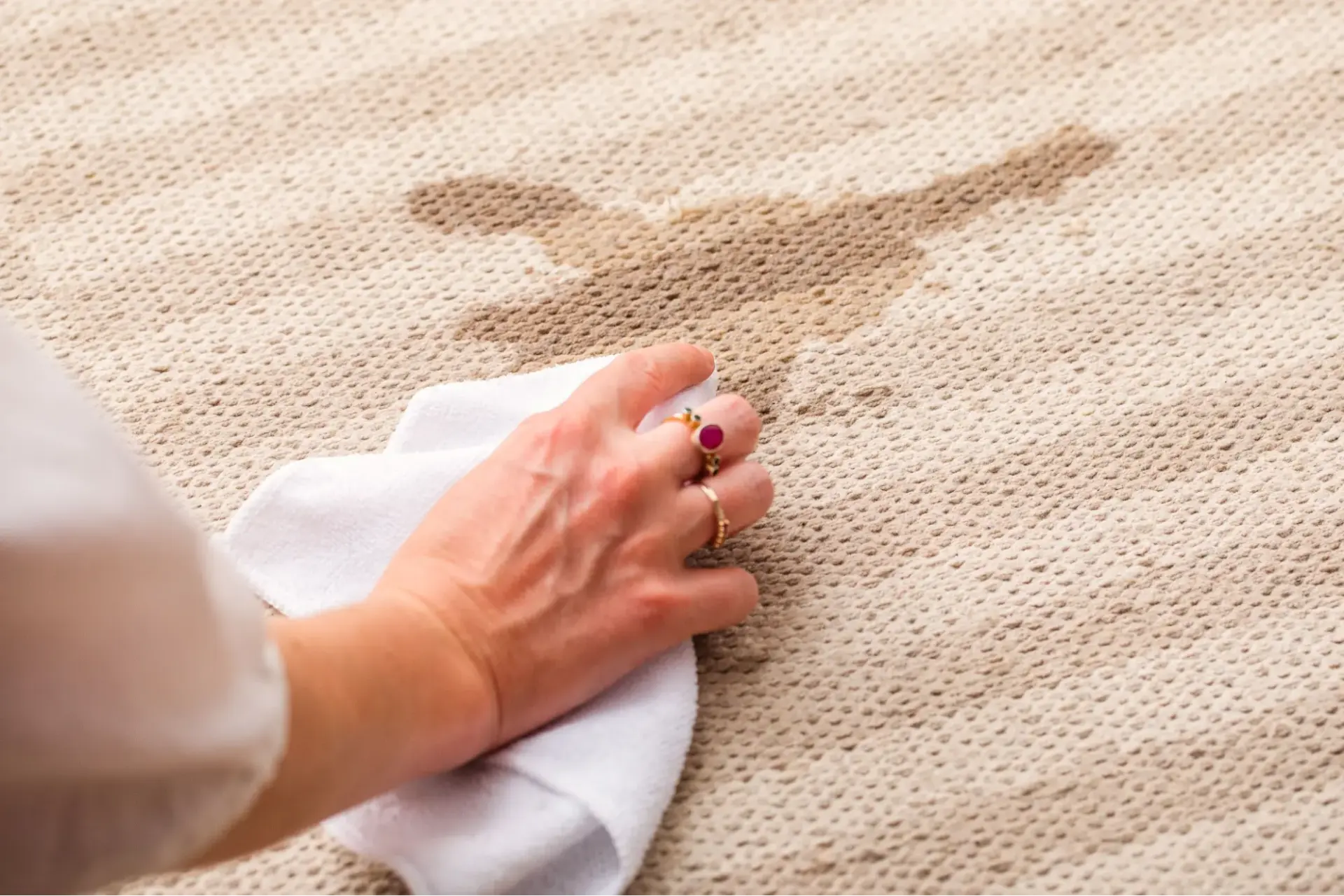
When it comes to water resistance, LVP’s ability to withstand moisture makes it a superior choice for areas prone to spills or high humidity.
Luxury Vinyl Plank flooring is inherently water-resistant, thanks to its synthetic construction and waterproof core materials. This makes it an ideal choice for bathrooms, kitchens, and basements, where spills and moisture are common occurrences.
Even in the event of a major spill or flooding, LVP is less likely to suffer damage compared to carpet, which can absorb water and become a breeding ground for mold and mildew.
On the other hand, carpet’s susceptibility to water poses significant challenges in moisture-prone areas. Spills can quickly penetrate the carpet fibers and padding, leading to staining, odor retention, and potential mold growth.
Even with prompt cleaning and treatment, residual moisture can linger within the carpet, posing a risk to indoor air quality and structural integrity.
Carpet vs Luxury Vinyl Plank: Allergy Friendly
Luxury Vinyl Plank flooring features a non-porous surface that resists the accumulation of dust, pet dander, and other allergens.
Unlike carpet, which can trap and retain allergens within its fibers, LVP provides a smooth and easy-to-clean surface that minimizes the risk of allergic reactions.
Conversely, carpet’s dense fibers can act as a magnet for allergens, dust mites, and pet dander, which can become embedded deep within the pile.
Despite regular vacuuming and cleaning efforts, allergens may persist within the carpet, leading to allergy symptoms for sensitive individuals.
Moreover, carpet’s tendency to retain moisture can create an environment conducive to mold and mildew growth, exacerbating respiratory issues and indoor air quality concerns.
Carpet vs Luxury Vinyl Flooring: Resale Value
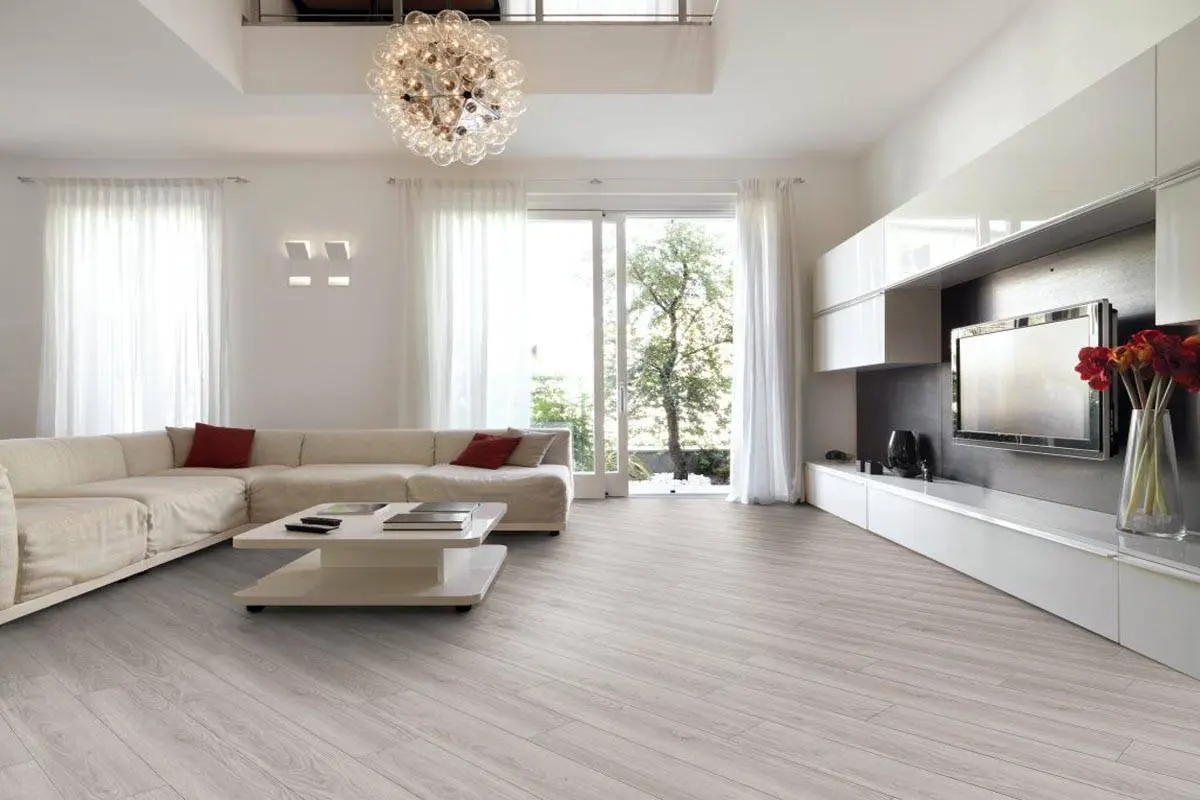
When considering resale value, Luxury Vinyl Plank tends to offer greater appeal to potential buyers and can contribute to a higher overall property value.
Luxury Vinyl Plank flooring boasts a durable, low-maintenance surface that mimics the look of hardwood or stone at a fraction of the cost. Its aesthetic appeal and versatility make it a desirable feature for homebuyers seeking a modern and stylish living space.
Additionally, LVP’s durability ensures that it maintains its appearance and performance over time, reducing the need for costly replacements or repairs.
On the other hand, carpet’s resale value is typically lower compared to Luxury Vinyl Plank due to its susceptibility to wear and tear, staining, and fading.
While carpet may offer comfort and warmth underfoot, its lifespan is generally shorter than that of LVP, and it may require more frequent replacement or cleaning to maintain its appearance.
Carpet vs Luxury Vinyl Flooring: Price
When evaluating the price of carpet VS luxury vinyl flooring, it’s crucial to consider the initial cost and long-term expenses associated with each option.
Carpeting often presents a lower upfront investment, with installation costs typically ranging from $2 to $18 per square foot. However, it’s essential to think of the maintenance expenses, including regular vacuuming, deep cleaning, and the potential need for replacement every 5 to 15 years.
These additional costs can accumulate over time, outweighing the initial savings.
On the other hand, luxury vinyl plank flooring may have a higher initial cost compared to carpeting, with prices ranging from $5 to $10 per square foot for materials alone.
However, luxury vinyl flooring offers significant advantages in terms of durability and longevity.
With proper care and maintenance, luxury vinyl plank flooring can last for 10 to 20 years or more, making it a more cost-effective option in the long run. Additionally, LVP requires minimal maintenance, typically only needing regular sweeping and occasional mopping, reducing ongoing expenses.
Furthermore, when considering resale value, luxury vinyl plank flooring provides a better return on investment compared to carpeting.
Luxury Vinyl Flooring Over Carpet: why it’s the best choice?
When comparing Luxury Vinyl Plank (LVP) flooring to carpet, it becomes evident that LVP offers numerous benefits that make it the superior choice for many homeowners.
Its durability, ease of maintenance, and versatility in design make it the best choice for homeowners seeking a practical, long-lasting, and stylish flooring solution for their homes.
Conclusion
If you’re ready to upgrade your flooring to Luxury Vinyl Plank, Laminate, or Hardwood, look no further than Eco Flooring USA.
With a wide range of flooring options to choose from, including LVP, laminate, and hardwood flooring, Eco Flooring USA offers high-quality products that combine durability, affordability, and style.
Our catalog features an extensive selection of colors, patterns, and textures to suit any design preference, ensuring that you find the perfect flooring solution for your home.
